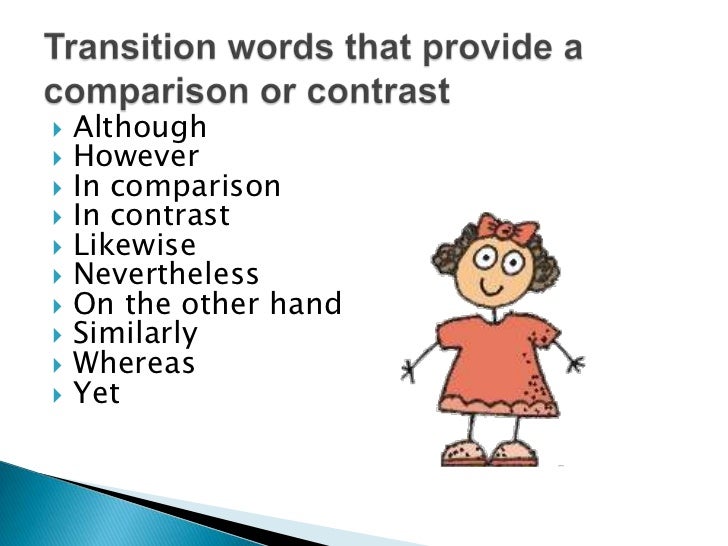Ja has estudiat el passat del verb to be? Et toca practicar el was i el were.
- Exercise 1: past simple of be: was / were
- Exercise 2: past simple of be: was / were
- Game : The Space Rider


Ja has estudiat el passat del verb to be? Et toca practicar el was i el were.


“Tom enjoys desserts such as brownies, cheesecake, and macaroons”
or
“Tom enjoys desserts like brownies, cheesecake, and macaroons”?
Both are acceptable for many grammarians. But, what do people usually do?
Characters like Cinderella, Dracula, and Frankenstein continue to appear in movies and novels. (The “like” tells us characters that are comparable to Cinderella, Dracula, and Frankenstein continue to appear in movies and novels.)
Jim would love to travel to several European cities such as London, Florence, and Athens. (The “such as” tells us these are specific cities Jill wants to see. They are examples of cities he wants to see.)
| Like says that what follows is intended as a reference to indicate the group of things you’re talking about but is itself not included in the group. | |
| Such as means that what follows are examples of the things that are part of the group you’re talking about. |
 Do some exercises about the linking words. If you need some grammar references, read the text bellow.
Do some exercises about the linking words. If you need some grammar references, read the text bellow.But is more informal than however. You can usehowever at the beginning of a sentence, but you can’t use but at the beginning of a sentence (in written English).
These linking words are the same, and they are both followed by a subject + verb.
These linking words are the same, and they are followed by a noun or a gerund (-ing form of the verb, which can function as a noun).
These phrases are followed by a subject + verb.
These linking words are used to make contrasts. While and whereas are usually used between two complete phrases. Unlike is typically used with only a subject.
To review the passive voice that we learnt, you can do the following:
– The passive voice football game 
When you finish, try to complete this chart in your notebook.
| tense | active | passive |
| Present simple | I make (it) | It is made |
| Present continuous | I am making (it) | |
| Past simple | I made (it) | |
| Past continuous | I was making (it) | |
| Present perfect simple | I have made (it) | |
| Present perfect continuous | I have been making (it) | |
| Past perfect simple | I had made (it) | |
| Past perfect continuous | I had been making (it) | |
| Future (will) | I will make (it) | |
| Future (going to) | I am going to make (it) | |
| Future continuous | I will be making (it) | |
| Future perfect | I will have made (it) | |
| Modals | I can/must (etc.) make (it) | |
| Infinitive | to make (it) |
Reported speech is indirect speech, you use it when you are talking about what a person said, asked, commented, etc.
Watch the video in order to understand when you have to use it, then, read how to tdo it, and then, do the exercises bellow.
VIDEO: Click here
HOW TO DO IT? Watch this video and read the chart:
[youtube]https://youtu.be/gTvmI3mT0wQ[/youtube]


DO THE EXRCISES: Click here
IN PAIRS:
In the search in google “famous people”, the result are these people.





Who are these people? Do you know them?. Discuss about them and write their names.
Do you think they can be considered famous people? Why? Why not?
Do you think someone important is necessarily someone famous? Justify your answer. And tell the class. Can you think of an example.
Individually, write about someone you consider a famous person and tell the class about him/her without mentioning his/ her name. Let them guess who you are describing. In your description of this person you should mention the following aspects:
He/ she was born in …
He/ she was (nationality) …
He/ she lived in …
He/ she worked in …
He/ she died (age) …
What did he/ she do?
What was he/ she famous for?
Do you think he/ she will always be famous?
REMEMBER THE ADJECTIVES TO DESCRIBE PEOPLE
bald, black, blonde, blue, brown, curly, fat, grey, long , medium,
overweight, pale, plump, red, short, skinny, slim, stocky, straight, tall, tanned,
thin, wavy and white. Continua llegint
 Imatge extreta de englishusm.blogia.com
Imatge extreta de englishusm.blogia.com
To know how to distinguish Present Perfect and Past Simple, read the grammar if necessary and do the exercises: